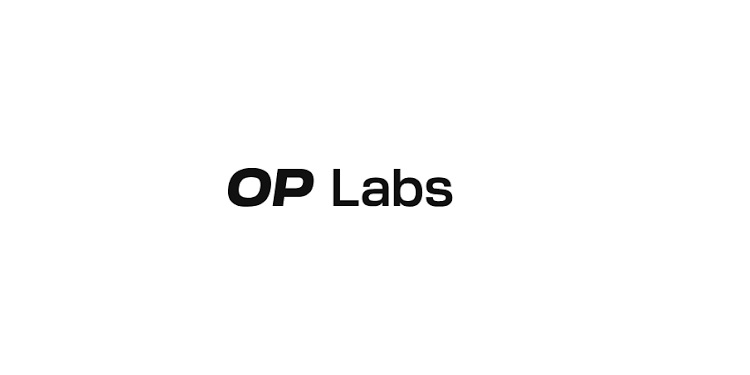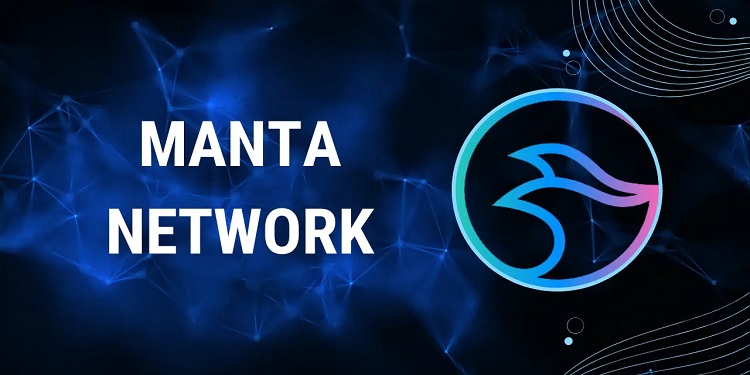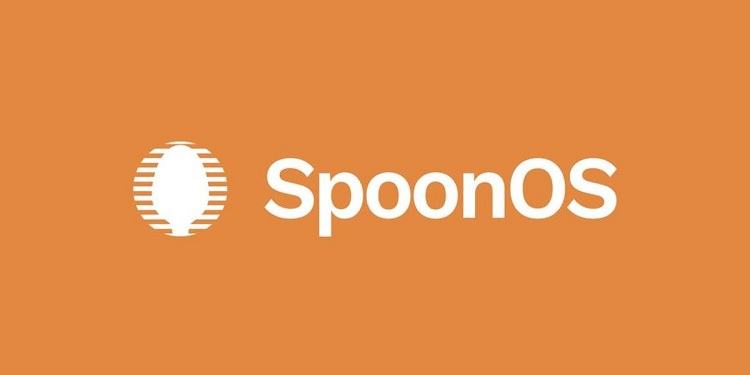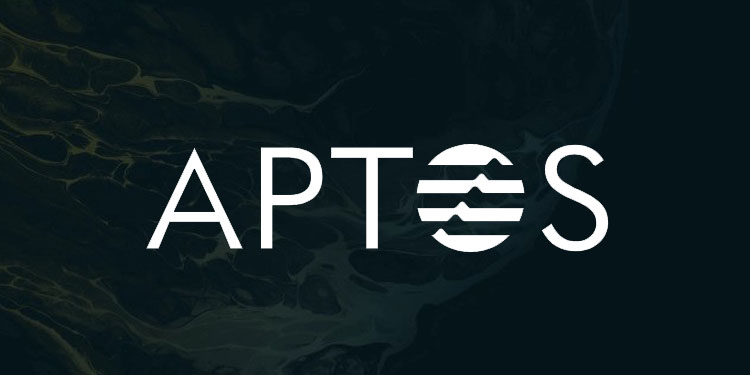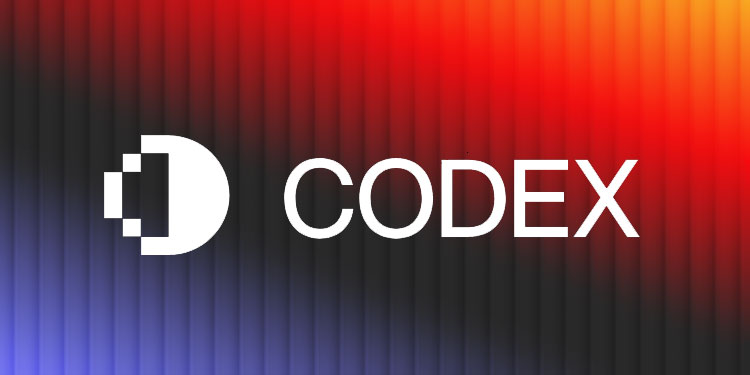Baltimore officials are turning to blockchain in an effort to simplify the way real-estate titles are transferred, particularly for the thousands of vacant houses that the city hopes to return to productive use. Speaking during a Brookings Institution panel on 17 June, City Solicitor Ebony Thompson explained that conventional title searches are slow and expensive, creating unnecessary barriers for would-be homeowners and investors. She argued that a digital ledger should make the city a more appealing partner by streamlining its own procedures and reducing costs for the private sector.
Last year the municipality signed an agreement with Medici Land Governance, a specialist in blockchain-based land-registry systems. The project’s initial focus was to log the roughly 16,000 vacant parcels scattered across Baltimore; since then, the scope has expanded dramatically. Thompson said some 228,000 properties are now represented “on chain,” giving city staff, buyers and real-estate professionals immediate access to tamper-proof records while sheltering them from fraud.
Cutting Fees and Accelerating Sales
Under current practice the city performs a full title search each time it acquires a vacant lot. When that property is sold to a developer, the entire process starts again, only to be repeated once more when a renovated house is placed on the open market. Experts noted that a single search can take several hours and cost hundreds, if not thousands, of dollars—an inefficiency multiplied across tens of thousands of transactions. By contrast, a blockchain entry acts as a real-time database; the leg-work that once took hours is reduced to minutes, and multiple parties can reuse the same verified information.
Chris Brummer, a professor of financial technology at Georgetown University Law Center, told the panel that a more automated system could chip away at the fee structures that often deter first-time buyers. He reminded listeners that home ownership remains a primary path to wealth in the United States, and maintained that decentralised tools capable of lowering transaction costs therefore have clear equity benefits.
Part of a Broader Web 3.0 Vision
Nicol Turner Lee, who directs the Brookings Center for Technology Innovation, framed Baltimore’s initiative as part of a wider movement to apply advanced digital tools—including artificial intelligence—to everyday civic challenges. She suggested that cities experimenting with blockchain and related technologies are effectively writing a playbook for modernising public administration.
Cleve Mesidor, executive director of The Blockchain Foundation, used the discussion to place blockchain and AI within what she described as “Web 3.0,” an era defined by solutions that work better for ordinary citizens than earlier waves of internet innovation. In her view, municipal governments can shift perceptions of being slow or outdated by adopting these technologies for high-impact use cases such as housing.
Mayor Brandon Scott, in a statement released alongside the panel event, said his administration is determined not only to catch up but to lead on technological adoption. He characterised the blockchain property-title project as one of the most promising ways to tackle the city’s inventory of empty residences, reduce blight and enhance public safety.
Looking Ahead
With property data now securely recorded on a distributed ledger, Baltimore plans to introduce additional identity solutions that will grant authorised users rapid access to the right documents while further reducing paperwork. If the approach continues to prove effective, officials believe it could hasten rehabilitation efforts, make home ownership more attainable and serve as a model for other cities grappling with similar challenges.


